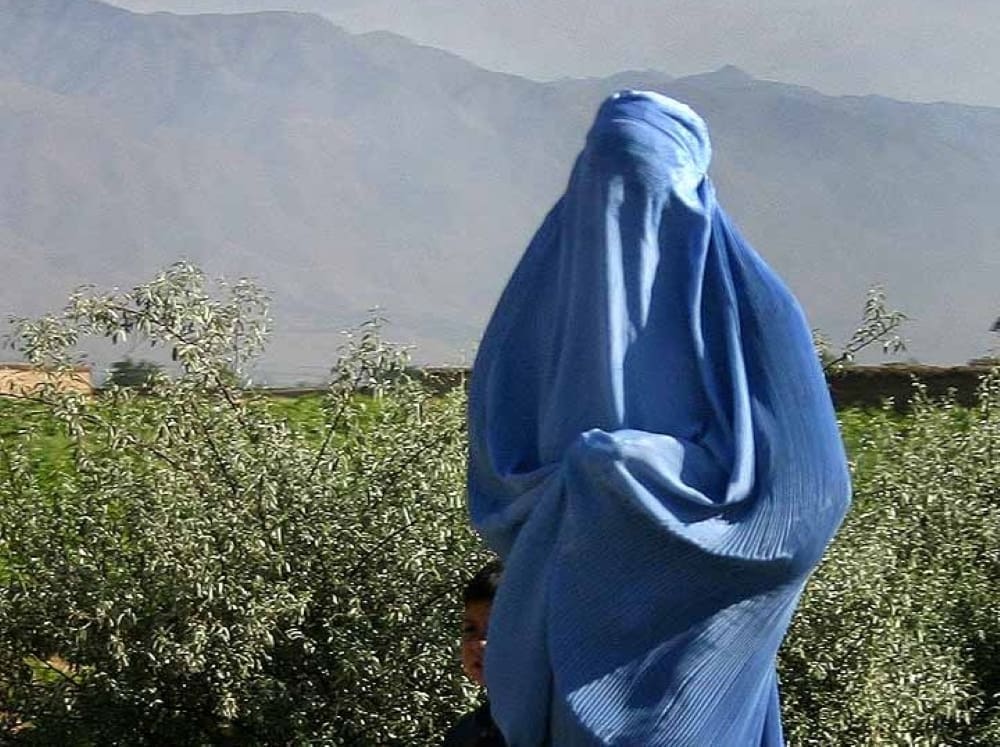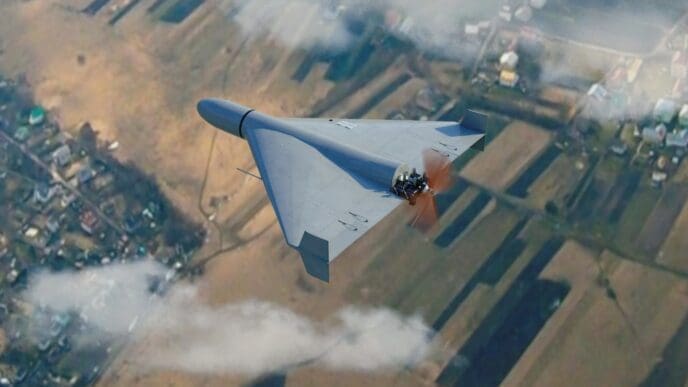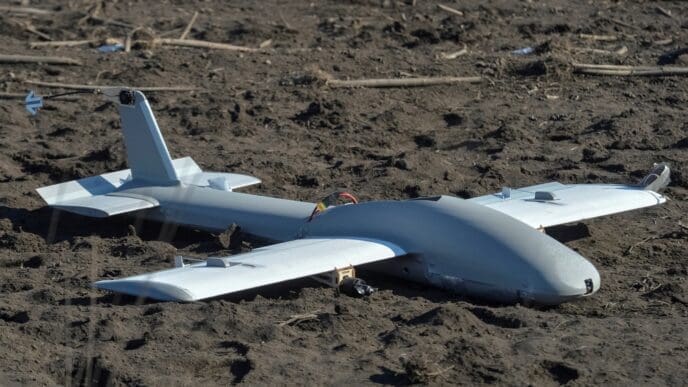In a recent development, a United States watchdog has asserted that the Taliban lacks legal entitlement to billions of dollars earmarked for Afghanistan, given that the group is neither recognized as the nation’s government nor free from sanctions.
The Special Inspector General for Afghanistan Reconstruction (SIGAR) released a report on Friday underscoring that the Taliban is not acknowledged by the U.S. as the legitimate government of Afghanistan and remains on the list of global terrorists. Consequently, they do not have a legal right to access the substantial financial resources set aside for Afghanistan.
SIGAR’s report also recommends that the U.S. government, under the Trump administration and Congress, consider reclaiming nearly $4 billion initially allocated to Kabul back to the control of the U.S. government. This recommendation follows the transfer of $3.5 billion in frozen Afghan central bank assets to the Swiss-based Afghan Fund in 2022. These assets have appreciated to around $4 billion, although no payments have been made to benefit the Afghan populace. The fund is intended to support and stabilize Afghanistan’s economy on behalf of its people.
According to the report, despite the economic collapse being averted due to U.S. humanitarian aid, the Taliban continues to engage in activities detrimental to Afghanistan’s stability. These activities include taking American hostages, dismantling women’s and girls’ rights, censoring the media, allowing Afghanistan to become a safe haven for terrorists, and assaulting former Afghan government officials.
Meanwhile, the U.S. remains Afghanistan’s largest donor. However, SIGAR points out that a significant portion of these funds faces deductions or is mismanaged. “As funds move away from their source, transparency diminishes,” remarked Chris Borgeson, SIGAR’s deputy inspector general for audits and inspections, in an interview last August. This highlights concerns regarding the accountability and oversight of international aid to Afghanistan.
The SIGAR report sheds light on the complexities of international aid to Afghanistan, highlighting legal, ethical, and operational challenges in ensuring the funds reach their intended beneficiaries without falling into the wrong hands.














